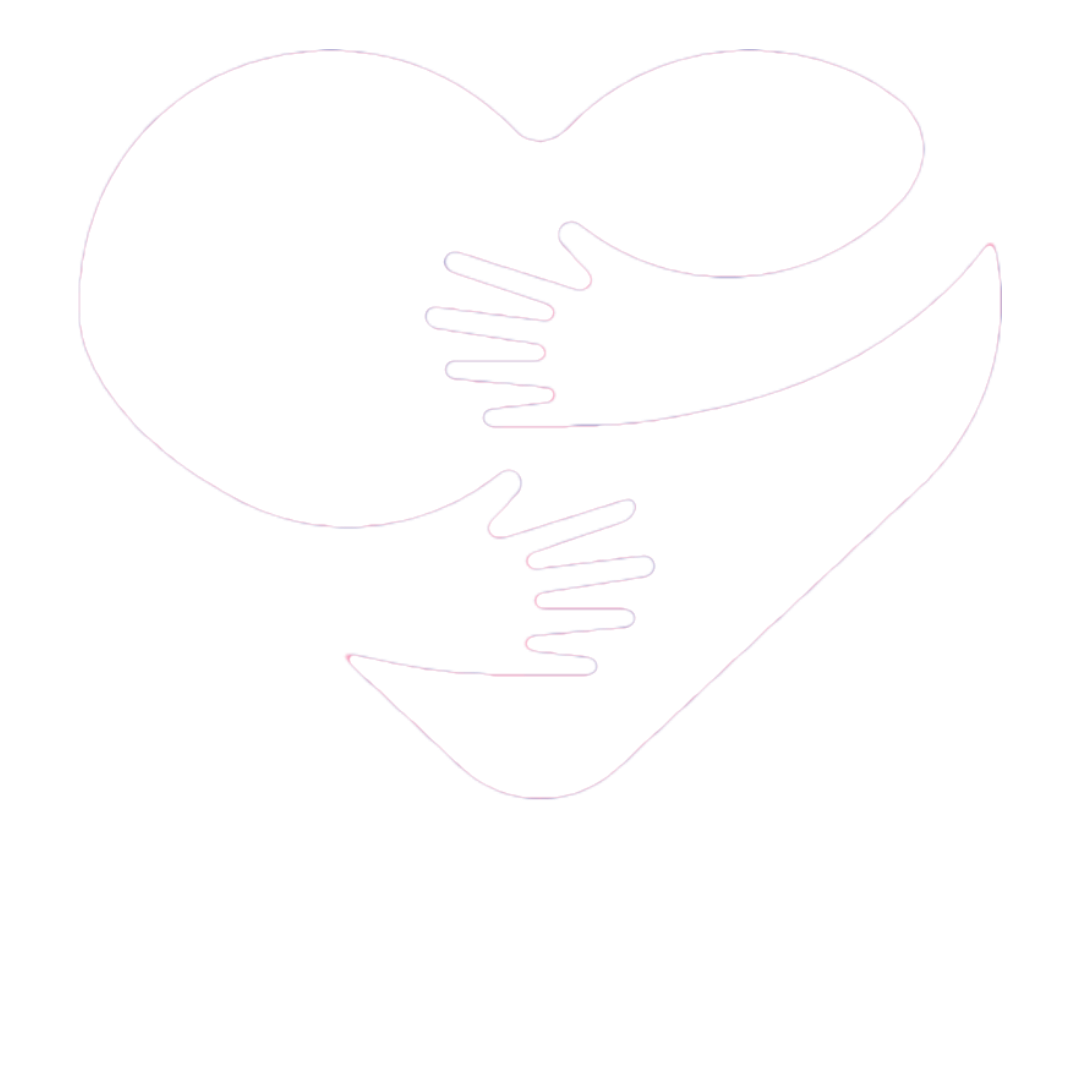1. What is your biological sex? (The AI model is trained using biological sex; we are aware of possible discrepancies between biological sex and identified gender and the options in this question are not meant to be offensive or hurtful in anyway)
2. What is the highest degree that you have obtained?
3. What was your average duration of physical activity per day in the last 2 months? (Including all levels of physical activities, from walking to high-intensity training)
4. How big is the difference between your current body shape and your dream body shape?
5. In the last 6 months, have you experienced binge eating? (i.e., eating a large amount of food in a short period of time, without the ability to control when you start and stop eating, for example, consuming 1 kg of pasta in 20 minutes)
No
Yes
6. In the last 6 months, have you gone to great lengths to control or reduce your weight, including the use of laxatives, diuretics, or self-induced vomiting (purging behavior)?
No
Yes
7. Have you ever suffered a heart attack, stroke, or other cardiovascular events?
No
Yes
8. In the past 12 months, how often did you have a headache?
9. In the past 12 months, how intense was your headache on average?
10. In the past 12 months, have you experienced migraine attacks?
11. Are you currently in a relationship and living with your partner?
No
Yes
12. Does your partner have a different race or ethnicity than you?
No
Yes
13. In the past 12 months, have you experienced a breakup in your romantic relationship, including divorce or separation? (Please consider breakup events even if you have reunited with your partner later)
No
Yes
14. How strongly do you agree with the following statement: There is a wide variety of healthy foods (nutritious, low-fat, high in fibers etc.) available and affordable near my home.
15. In the past 6 months, how often have there been violent arguments or fights among your neighbours?
16. In the past 6 months, how often was there a robbery or assault in your neighborhood?
17. In the past 12 months, how often have you practiced your faith within your community, including attending mass, service, or other activities regarding your confession? (NOT including events such as wedding, baptism, or funeral)
18. Are you able to complete all your tasks at work on time?
19. Does your work involve many repetitive tasks?
20. How often are you confronted with contradictory or conflicting demands at your workplace?
21. Do you feel like you are learning new things at work?
22. How strongly do you agree with the following statement: My workplace is a calm and pleasant environment.
23. How strongly do you agree with the following statement: At my work, people get along well with each other.
24. How strongly do you agree with the following statement: If I have a bad day at work, my colleagues understand.
25. How strongly do you agree with the following statement: I can count on the support of my colleagues.
26. How strongly do you agree with the following statement: I enjoy working with my colleagues.
27. How strongly do you agree with the following statement: I have a good relationship with my superiors.
28. Is your work making it difficult for you to fulfill domestic responsibilities, such as running family errands and caring for your children?
29. Is your work preventing you from spending enough time with your family?
30. Are your work and family duties preventing you from having time for your self-care, hobbies, and leisure activities?
31. Are your family duties interfering with your work duties, such as arriving on time, performing tasks, work-related travel, attending meetings outside of regular hours, etc.?
32. What is your monthly per capita household net income in relation to the national average? (Germany 2022: €2110)
33. In the past 12 months, have you faced more serious financial difficulties than usual?
34. When was the last time you felt discriminated at your workplace (being fired, not getting a job, not being promoted, not fairly paid compared to your peers, etc.)?
35. When was the last time you felt discriminated in public places (public offices, banks, hospitals, commercial establishments, etc.)?
36. When was the last time you felt discriminated with respect to housing (having difficulties renting a place, buying a place, or having difficulties with the neighbors)?
37. When was the last time you felt discriminated at your school or university (being discouraged to continue your studies, receiving unfair grades, being bullied, etc.)?
38. When was the last time you felt discriminated by law enforcement (being accused, searched, beaten, etc.)?
39. If applicable: At what age did you have your first pregnancy?
Not available
40. If applicable: Have you experienced any of the following events: stillborn, abortion, unsuccessful attempts to get pregnant for more than a year, weight gain greater than 30kg during pregnancy, eclampsia.






